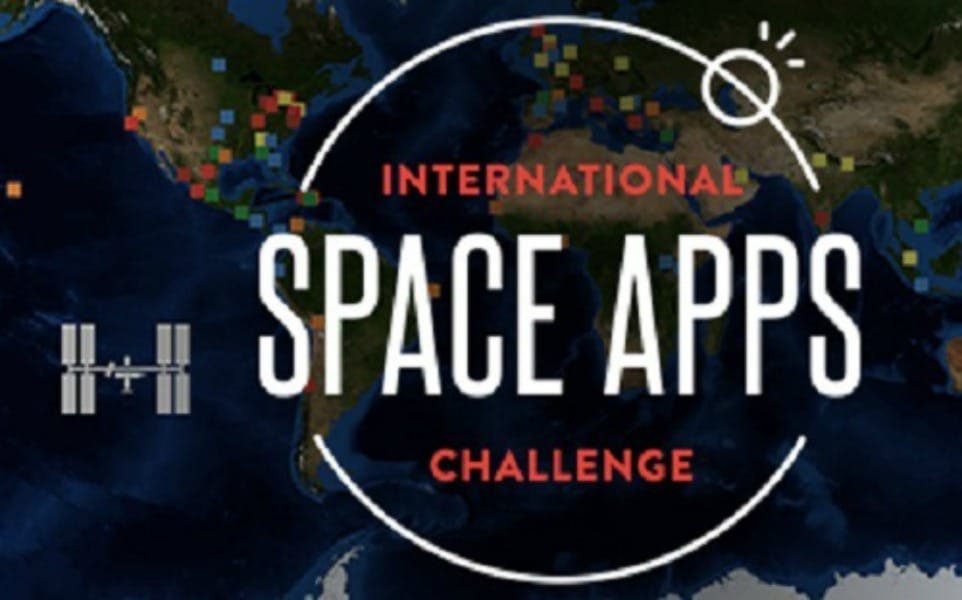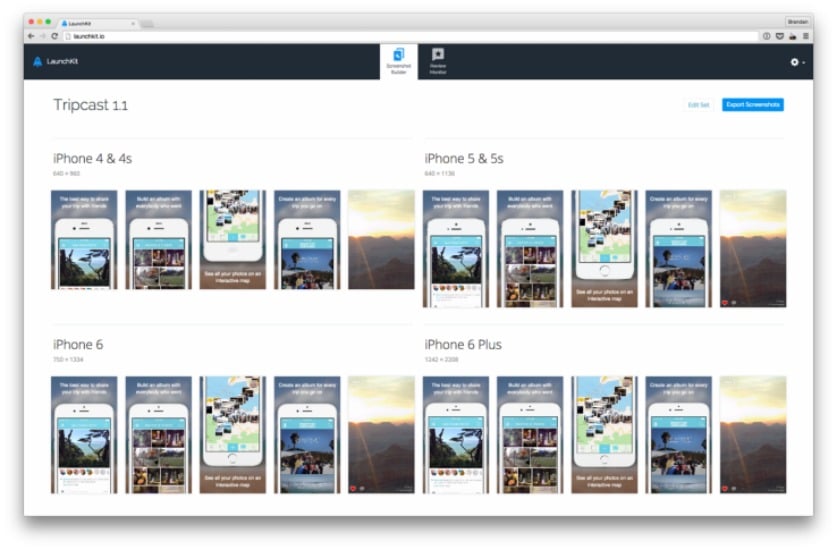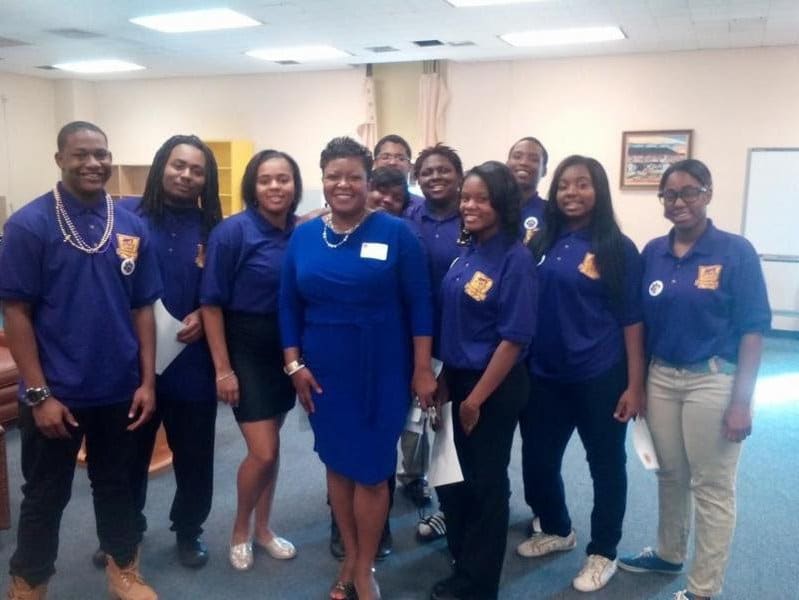When a group of people come together to contemplate how to use certain data from space to benefit people here on Earth, it’s easy to assume that this crowd would consist of veteran scientists or elite researchers.
From April 10 to 12, however, anyone from the general public will have the chance to take part in the 2015 International Space Apps Challenge.
The challenge calls for “citizen scientists” all over the world to use those three days to come up with creative ways to use data from space in order to solve modern-day issues.
These people will be provided with a plethora of information collected by space probes and other high-end space-agency instruments to help them “develop mobile applications, software, hardware, data visualization tools and platforms” that could revolutionize the way people function and operate across the globe, NBC News reports.
While the participants themselves may not be STEM elite, there will be experts on hand at the annual code-a-thon.
Astronaut Cade Coleman and NASA chief scientist Ellen Stofan will be present at the event in New York City, but it isn’t clear just how much help they will be able to provide to the contestants.
So what kind of development platform will be used to host the massive crowd of innovators?
Thanks to IBM, the participants will have access to state-of-the-art resources in every way possible, even when it comes to the very platform they are building their apps on.
IBM is granting the crowd of developers free access to its Bluemix cloud-development platform, according to NBC News.
This means, in addition to the resources provided by NASA, they will also be able to draw their apps using IBM’s ever-expanding collection of cloud-based development tools.
Among these tools are IBM’s famed Watson Analytics.
Outside of the bare foundation of the annual challenge, the rules allow the public to have quite a bit of flexibility when it comes to how they want to work and what exactly they want to accomplish with their app.
NASA provides the group with over 30 different suggested challenges that fall into four main categories including human health research and robotics.
Participants are welcome to kick off their own challenge and are not obligated to stick to NASA’s suggestions.
It’s also up to each individual to decide if they would like to work in a team with other people or take on the coding challenge by themselves.



